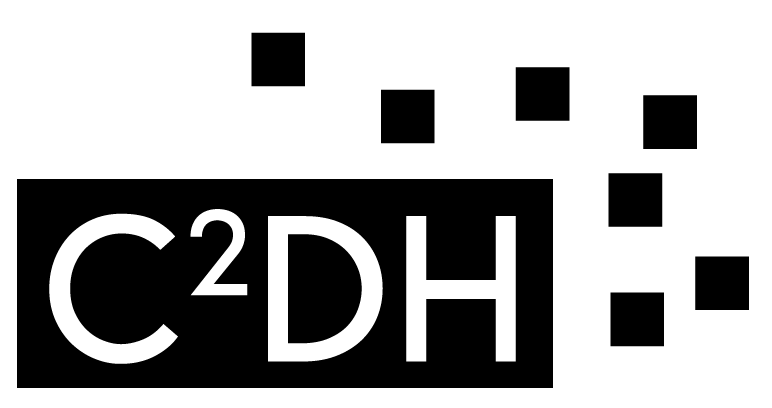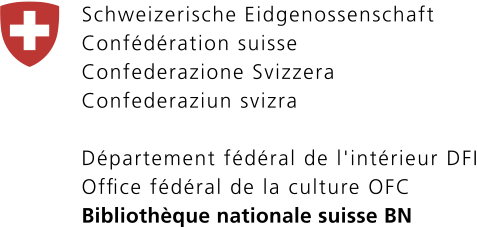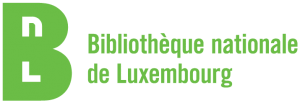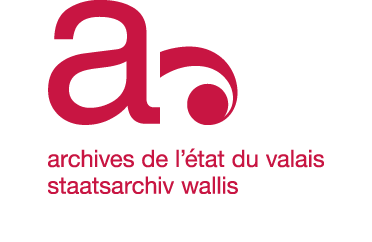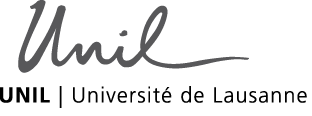Historical research
Epistemological reflections
impresso provides access to a vast corpus of digitised newspapers enhanced with digital tools and covering several countries of origin. It is vital to engage in a process of methodological comparison of these sources presented in a new format. Source criticism is essential for historiographical reflection and has driven many debates on the digitisation of historical sources.
Within the impresso project, this process of reflection covers familiar ground in terms of digital source criticism and media history criticism of newspapers as historical sources. However, digital newspaper collections also raise new questions related to the datafication and limits of historical sources. For example, handling an incomplete source collection is a standard skill, but encountering imperfect data sets can raise distrust in the system as a whole. Issues related to digital bias are therefore investigated by historians together with designers, computational linguists and digital humanists within impresso.
These discussions should result in the exposure of digital bias, including digital blind spots (“shadows”) such as the lack of visibility of material that is not made available online. The interface was also designed to bridge the gap of lost context that is inherent in newspaper digitisation, thereby avoiding the loss of precious information for historians.
Digitised material potentially changes the relationship between historians and their sources: instead of addressing their research questions to a specific corpus (for example a specific newspaper), historians can now investigate a broader corpus that is not predefined, paving the way for potential new findings. Digitisation offers access to a larger collection of searchable newspapers which extends from the transnational to the national and local scale, opening up new corpora and providing a broader scope of material which ranges from the satirical to the political and encompasses specialist (e.g. women’s) newspapers as well as more general newspapers. Digitised collections have the potential to redefine the practice of historical research, opening up the possibility of searching in an externally defined corpus. We can focus our attention on the wording of the research question and apply it to several collections.
The basis of the development process for the research tools in impresso, especially the interface, is the co-design method. Historians contributed by providing regular input on their needs and requirements to assist with the development of the research tools and interface.
Historical use case: anti-European movements
This case study involved an analysis of debates on the European idea in digitised newspapers from Luxembourg, Switzerland and beyond, with the aim of identifying tensions around the European idea from the late 19th century to the 1950s. It used the impresso tools to research an aspect of those debates that has received little attention: resistance to Europe. The lack of previous research on this question is undoubtedly related to the complex sources required.
impresso addressed this blind spot, prompting methodological reflections and raising the question of how we can make newspapers a valuable source for examining public opinion in the 19th and 20th centuries. The growth in newspaper production and circulation, together with the rise in freedom of speech in Europe, means that newspapers are particularly appropriate for this purpose.
Researchers have been investigating the history of the European idea, including the period before the creation of today’s European institutions, for the past few decades. A new trend has emerged over the past ten years, focusing on resistance to European integration in the 20th century. Much is therefore known about views on European unification within intellectual circles in the 19th and 20th centuries, whereas the history of anti-European opinions and activism is restricted to the late 20th century, partly because of difficulties in pinpointing these views outside the forum of structured movements. This research project aims to draw on new research tools to analyse newspapers and optimise their potential for examining the issue of anti-European trends.
see also
Overall Objectives — Computational Linguistics — Design



